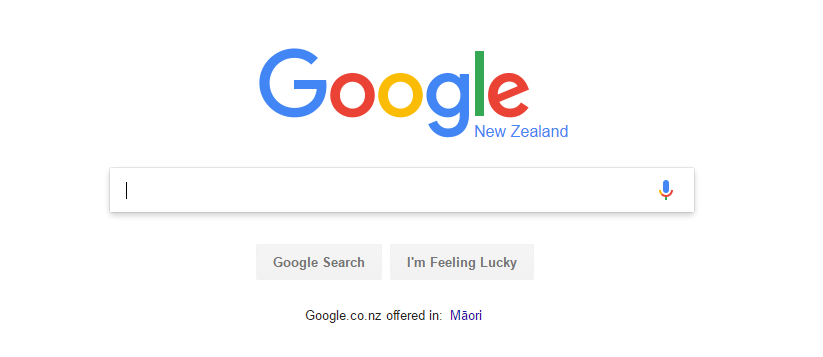It’s no secret that Google likes to keep the SEO world on its toes by constantly changing its algorithm. In order to keep their search rankings and index legitimate and reliable, Google tweaks its algorithm on a near constant basis, rolling out approximately 500 – 600 changes a year.
These changes are usually just small iterations and fine-tunes that don’t have a major impact on rankings. But every now and then Google will implement a major algorithm overhaul that results in significant changes to rankings and web traffic.
Recent chatter and reports in the SEO community suggest that another major algorithm update may have occurred last week. Google has been a lot more secretive about announcing its algorithm updates lately, but if confirmed this will be the first confirmed significant update since the “Penguin” 4.0 update in September 2016. Enter Fred.
Who, or what, is Fred?
The new unconfirmed update, which the SEO industry has named “Fred,” appears to put a higher emphasis on link quality. This isn’t surprising since Google has identified this factor as one of the top three things its algorithm takes into account (the other two being content and RankBrain). SEO experts who keep an eye out for such changes first started noticing fluctuations in the search engine result pages on March 8th.
Activity and noise relating to this update were strongest within the “black hat” SEO community, which suggests that this update is primarily a spam update targeting low-quality backlinks. However, there was also speculation about a content-focussed algorithm update on February 7th (which Google never confirmed). What is clear is that both of these factors – high-quality links and high-quality content – seem to be becoming even more important for SEO.
What are the implications?
So what does this mean for your website rankings? If you’re practicing white hat SEO like we do here at Pure SEO, then you should have nothing to worry about. Continue focusing on gaining high-quality backlinks and filling your site with relevant, useful, shareable content. Google has made it clear that’s what it wants, and it’s what your users want too.

